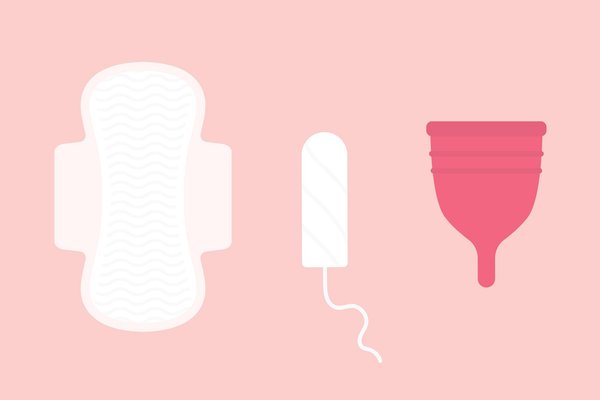Q:
My periods are getting longer and heavier and are really interfering with my sex life. How can I get some relief? Can something besides a hysterectomy help me?
A:
It sounds like you're experiencing a condition called heavy menstrual bleeding, which health care professionals used to call "menorrhagia." It's a common condition, one that sends many women to their health care professionals for help. And that's exactly what you need to do: see your health care professional for a thorough examination. Some causes of heavy, prolonged bleeding include polyps, fibroids, blood-clotting disorders, and endometrial cancer. You should also have your blood tested to make sure you aren't anemic and that a clotting problem is not causing your heavy bleeding.
If your doctor doesn't find any specific reason for your heavy bleeding, don't despair! There are several options other than hysterectomy that have been shown to effectively reduce the bleeding. The U.S. Food and Drug Administration recently approved the first non-hormonal option for heavy menstrual bleeding. Another option is the levonorgestrel intrauterine system, or IUS, which releases the progestin levonorgestrel into the uterus. However, it is recommended for women who have already had a child. In addition, some oral contraceptives have been shown to reduce heavy menstrual bleeding. The combination estrogen-progesterone pill Natazia is the first birth control pill specifically approved by the FDA to treat heavy menstrual bleeding not caused by a condition of the uterus. It may help reduce bleeding in women who choose to use oral contraceptives for contraception and who do not have risk factors that make hormonal birth control use inadvisable. The best thing you can do is talk with your health care provider about your options and which option best suits you.
Finally, also talk with your doctor about an outpatient surgical procedure called endometrial ablation. During this procedure, the doctor uses a laser to remove the uterine lining, but in some instances, the doctor may choose to cut out the lining. Moreover, a review of 21 studies of the procedure found no differences between the various techniques in terms of their ability to reduce monthly bleeding.
So talk to your doctor about your options. Make it clear that you want to avoid a hysterectomy. Given the various options out there, this shouldn't prove too difficult!
- Heavy Uterine Bleeding and Iron Deficiency Anemia Can Affect Mental Health, Relationships and Sexual Health ›
- Iron Deficiency Anemia and Heavy Periods: What’s the Connection? ›
- I Thought My Heavy Bleeding Was Normal — Until It Almost Killed Me ›
- How Uterine Conditions Can Affect Your Sex Life - HealthyWomen ›







